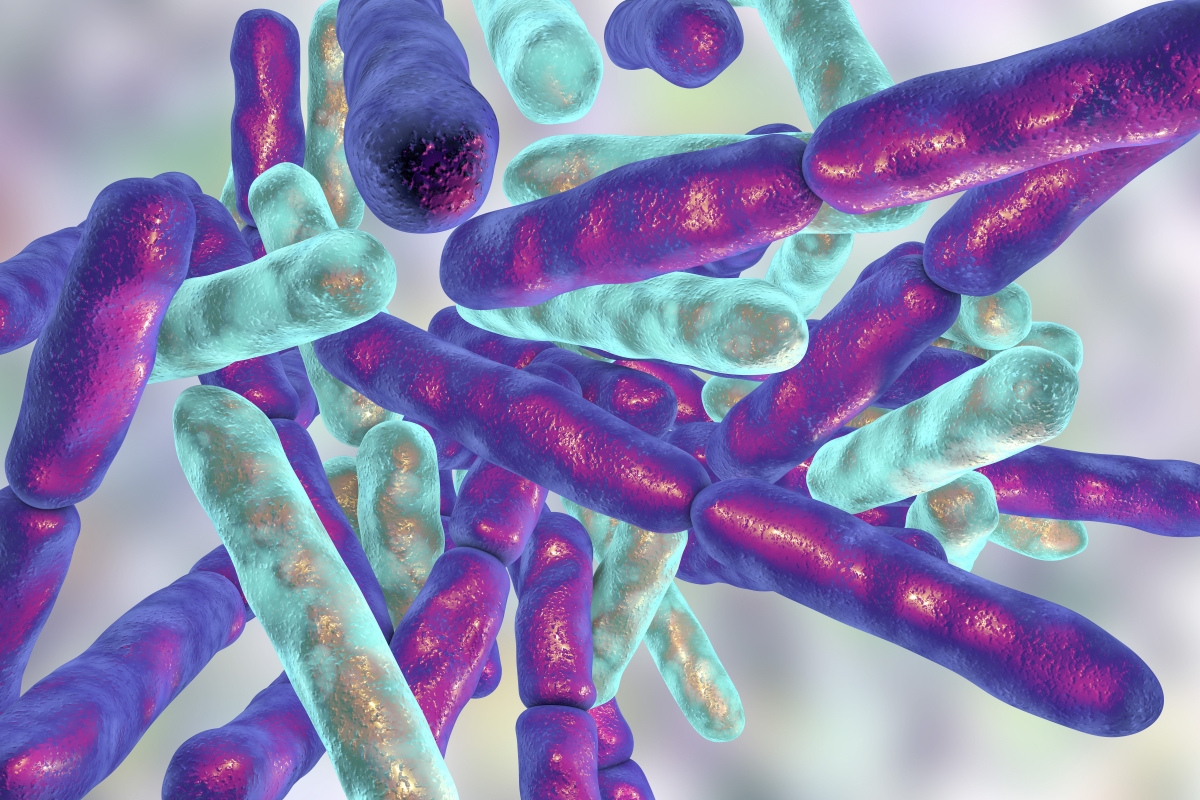Distinguishing the causative, correlative and bidirectional roles of the gut microbiota in mental health
The gut microbiota, a dynamic orchestrator of physiological and neuroimmune processes, significantly influences mental health via the bidirectional microbiota–gut–brain axis. Various microbial signatures have been associated with psychiatric disorders such as depression, anxiety, post-traumatic stress disorder, and schizophrenia; however, the nature of this relationship—whether causative, correlative, or indicative of a complex interplay—remains unresolved. This review delineates these distinctions, emphasizing key mechanistic pathways including microbial metabolites, immune modulation, and neural signaling, while addressing the challenges of differentiating causation from correlation. By clarifying this relationship, the gut microbiota can be elevated from a subject of curiosity to a cornerstone of personalized medicine. Moreover, the review highlights the need to advance methodological frameworks, foster interdisciplinary collaboration, and address research disparities that may bias findings towards specific populations. A clearer understanding of the microbiota’s role in mental health has the potential to yield innovative therapies and predictive biomarkers, ultimately leading to more equitable and evidence-based approaches to mental health care. This work highlights the transformative potential of elucidating the microbiota–gut–brain axis in mitigating the global mental health burden. [NPID: microbial, psychiatric, microbiota-gut-brain axis, depression, neuroimmune]
Year: 2025
 Navigation
Navigation









